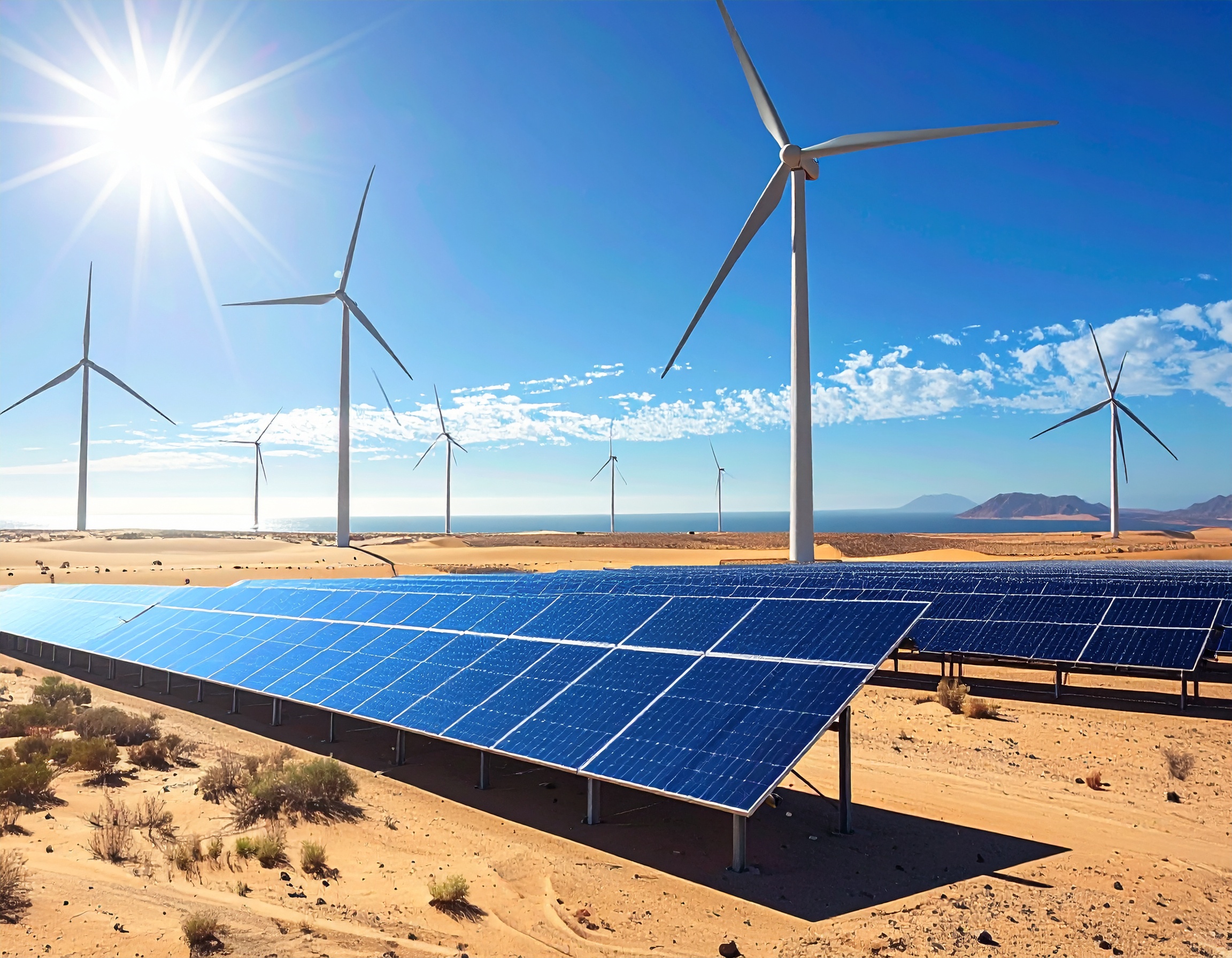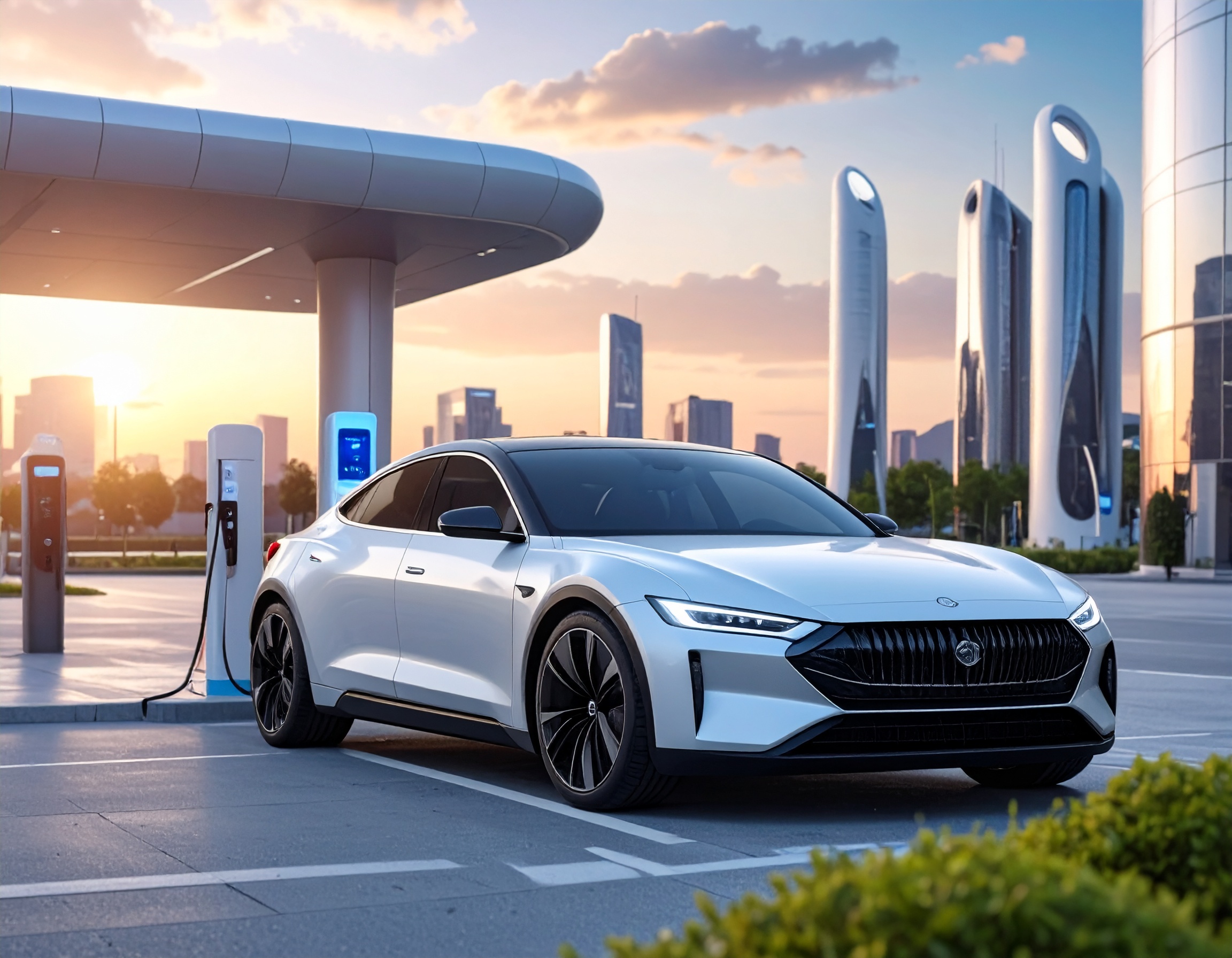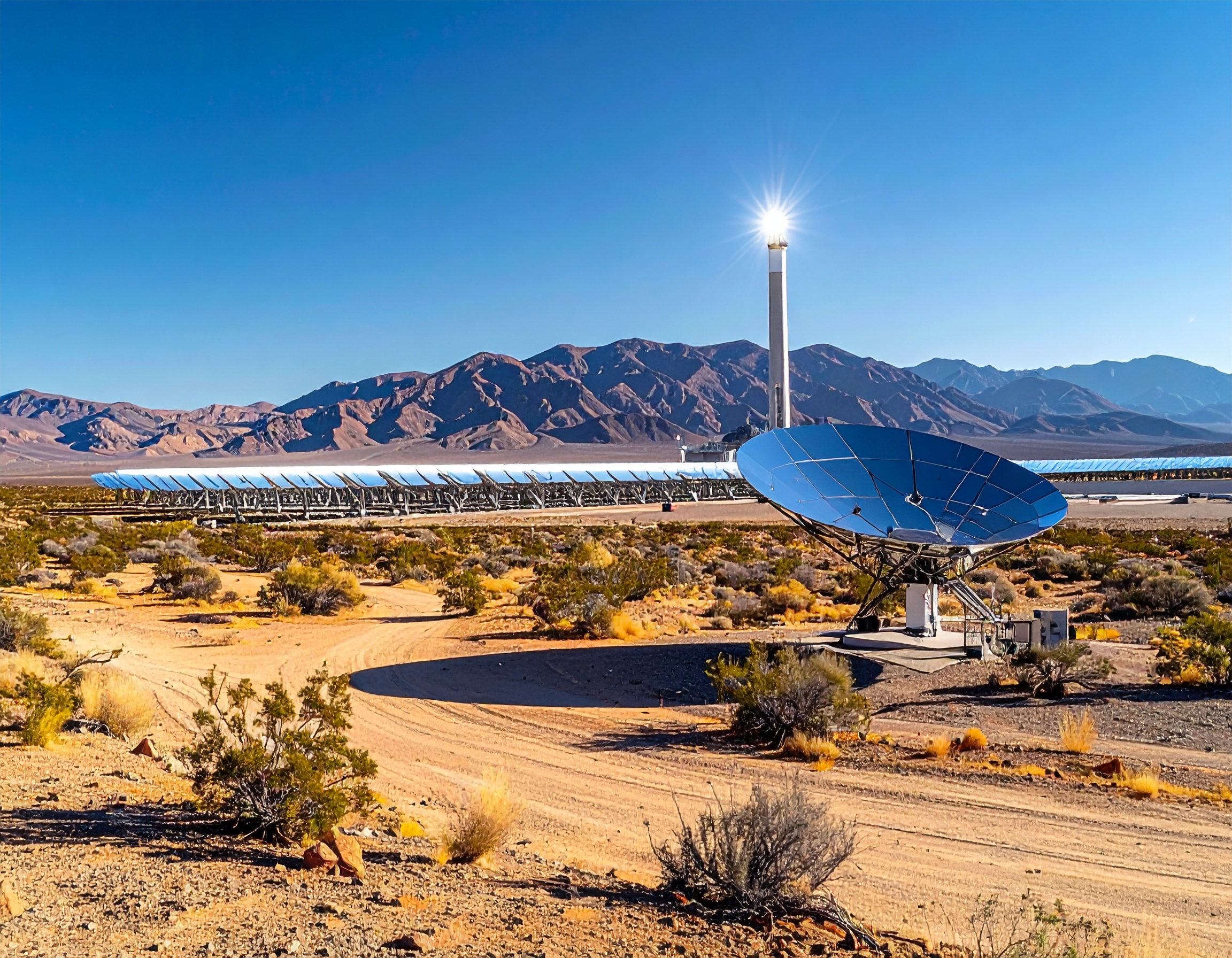RWE Exits $10 Billion Namibia Green Hydrogen Project Amid Shifting Market Dynamics

German energy major RWE AG has announced its withdrawal from Namibia’s landmark $10 billion Hyphen Green Ammonia Project, marking a significant development in the global hydrogen landscape and a setback for Namibia’s ambitions to become Africa’s leading clean-energy hub.
RWE confirmed that it will no longer pursue participation in the Hyphen project, citing evolving market conditions and slower-than-expected demand growth for hydrogen and ammonia derivatives in Europe.
“We can confirm that RWE is currently not pursuing any further projects in Namibia,” the company said in a statement. “As global hydrogen markets mature more gradually than anticipated, we have reviewed all related projects within our portfolio, including the Hyphen initiative.”
The decision follows a 2022 memorandum of understanding (MoU) between RWE and Hyphen Hydrogen Energy, under which RWE had planned to offtake approximately 300,000 tonnes of green ammonia per year beginning in 2027. The agreement was non-binding and exploratory in nature.
Ammonia—traditionally produced using natural gas—plays a vital role in fertilizer production and emerging decarbonization strategies. The Hyphen project aimed to produce green ammonia by using renewable hydrogenextracted from water via electrolysis powered by Namibia’s abundant solar and wind resources.
Hyphen spokesperson Ricardo Goagoseb emphasized that RWE’s withdrawal does not alter the company’s long-term vision:
“RWE had signed a memorandum of understanding to explore potential offtake, not a definitive purchase agreement. Hyphen remains committed to advancing Namibia’s position as a global leader in green hydrogen production.”
The project had also faced scrutiny from indigenous rights organizations, including the Nama Traditional Leaders Association, who raised concerns about potential impacts on ancestral lands within a designated national park.
Andrea Pietrafesa, legal advisor at the European Centre for Constitutional and Human Rights, welcomed RWE’s move, calling it “a responsible decision to refrain from sourcing goods produced on land where indigenous rights are contested.”
Despite RWE’s withdrawal, industry analysts note that Namibia’s renewable potential and ongoing partnerships continue to make it one of the most promising frontiers for green hydrogen and ammonia production in the developing world.

